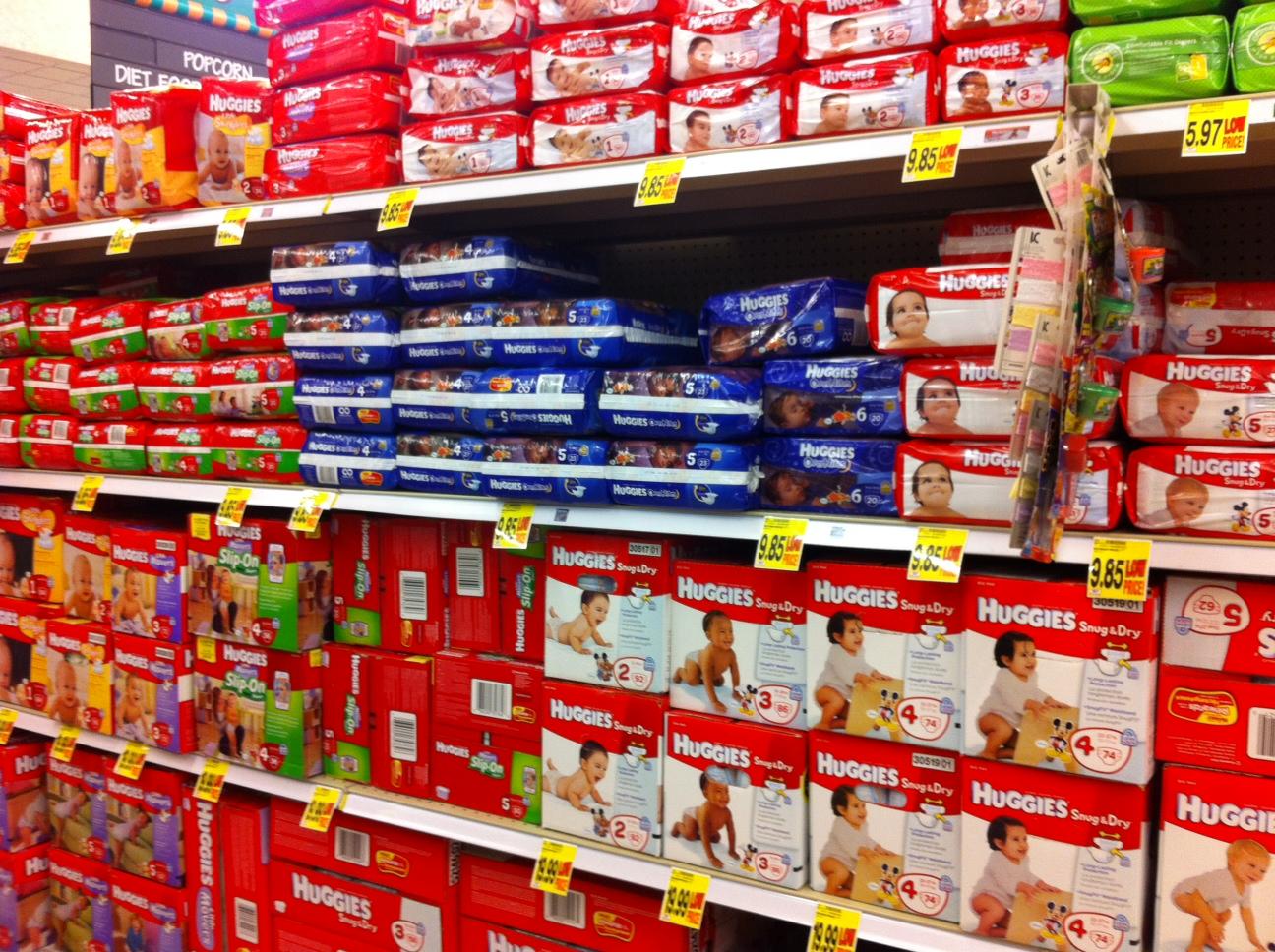Carys Mills
Toronto Star
July 24, 2013
Diapers could soon be full of data, along with that other stuff.
A team from New York, NY, is making diapers that can be scanned with smartphones to alert parents if a child is dehydrated, developing kidney problems, has a urinary tract infection or undiagnosed diabetes.
“I see how nervous you guys get. Smart diapers just make all that go away,” a baby says in a promotional video for Pixie Scientific.
The duo behind the company is husband and wife Yaroslav Faybishenko and Jennie Rubinshteyn.
They say they were driving back to New York from Vermont, with their two children crying in the back of their car, when the idea struck. Their youngest needed a diaper change and they realized “she wasn’t just sitting in a diaper full of urine but in a diaper full of data,” says Faybishenko, a computer science grad, in the video.
The science behind the invention involves reagents, which react with cells and nitrites in urine associated with health concerns. Reaction causes dye to change colour, altering a QR code, which alerts parents when they scan the diaper with a phone.
The creators say the reagents and dyes would never come into contact with a child’s skin. “We are parents of two young girls, and safety is of paramount concern to us,” Rubinshteyn said in an email.
Faybishenko said the diapers are meant to be “unobtrusive health monitoring” — which doesn’t make parents more or less anxious, but alerts them when there’s a reason to go to a doctor for further testing.
After more than a year of research and development, Faybishenko and Rubinshteyn started an online crowd-funding campaign this summer to try to raise $25,000 (U.S.) to get the project off the ground. Supporters will receive a number of diapers, which varies according to how much they contribute.
The money would help pay for automated manufacturing, a study involving children in intensive care at the University of California San Francisco Benioff Children’s Hospital and complete the Food Drug Administration approval process.
Early adopters will likely include “acute and chronic care facilities,” Faybishenko said. But the goal is to make the diapers — which are free of latex, chlorine and fragrance — affordable for anyone.
As for the diaper data’s privacy, Faybishenko said only “de-identified” information “may be shared with academic research collaborators” but never any commercial parties.
Earlier this year, a campaign from Huggies Brazil went viral when they released a video for TweetPee, a sensor that would detect when a child needs to be changed. But the brand’s parent company quickly clarified the product was only a concept.

